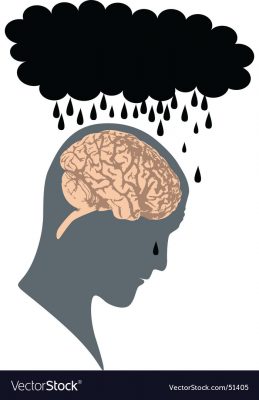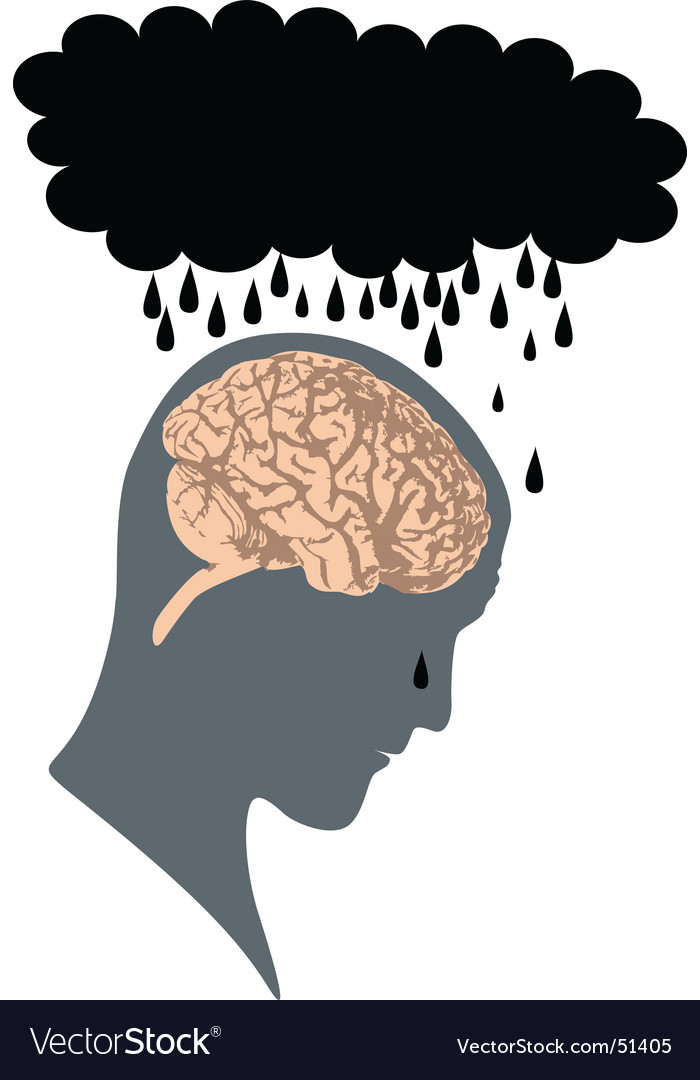By Sami Zaptia.

London, 2 April 2021:
A study published last Wednesday (31 March) by a group* of Libyan researchers has established that COVID-19 had a major impact on psychological and sleep patterns among the Libya’s general population.
The report was based on an online cross-sectional survey conducted among the Libyan population between July 18 and August 23, 2020. The data collected included basic demographic characteristics, level of education, employment status, COVID-19-related questions, and questions about abuse and domestic violence. This study assessed the psychological status of participants who were screened for anxiety symptoms (using the seven-item Generalized Anxiety Disorder scale GAD-7). Depressive symptoms were also screened for (using the two-item Patient Health Questionnaire – PHQ-2 and the Insomnia Severity Index – ISI). Binomial logistic regression was used to predict the probability of insomnia, anxiety and depressive symptoms.
Conclusion
The study concluded that COVID-19 had a major impact on psychological and sleep patterns among the general population. Confronted with the COVID-19 outbreak, the Libyan population showed high levels of psychological stress, such as depressive and anxiety symptoms, it explained. One-third of the Libyan population is suffering from clinical insomnia, the report stated.
Policymakers need to devise measures to reduce mental health issues
It concluded that to address this crisis, policymakers need to devise effective measures to reduce mental health issues among people and improve their quality of life by providing socio-economic support and developing interventions aimed at reducing the mental health burden.
The study involved a relatively large sample size of 10,296 participants, the majority of whom were women (77.6%), which the study speculated might be because they were more motivated to participate in the study than males. The majority of the participants were young people: 64.7% were under 30 years of age.
This study identified several factors that are associated with depressive and anxiety symptoms and insomnia. Approximately half of the population (46.2%) suffered from depressive symptoms, about one-fifth (19%) suffered from severe anxiety symptoms, and one-third (33.2%) had clinical insomnia as determined by the ISI scale. It also identified several factors that were associated with depression, anxiety symptoms, and insomnia. In addition, It found significant changes in sleep times and sleep patterns before and during the COVID-19 pandemic. It found a substantial increase in Internet use and misuse, as reported by the study’s participants.
While 1,525 participants (14.8%) reported that they had developed COVID-19 symptoms, it found that 6,284 (61%) had a stable source of financial income, while 5,145 (50%) experienced financial problems during the COVID-19 pandemic. Moreover, it found that 1,002 participants (9.7%) contemplated suicide during the lockdown, and 3,579 (34.8%) reported abuse or domestic violence in their home during this period, which the report said poses a significant concern.
Logistic regression analysis revealed that a statistically significant association between depressive symptoms and age, marital status, education level, occupational category, financial problems during the COVID-19 pandemic, having a COVID-19 infection, current health status, suicide ideation, abuse or domestic violence, and lockdown compliance (p < 0.001). In respect to anxiety, the regression analysis showed a statistically significant association between anxiety symptoms and age, education level, occupational status, financial problems during the COVID-19 pandemic, having a COVID-19 infection, health status, suicide ideation, abuse and domestic violence, and lockdown compliance (p < 0.05). Therefore, these findings may also illustrate the possible detrimental psychological effects of the reported factors, the study said.
Copyright © 2021 Elhadi, Alsoufi, Msherghi, Alshareea, Ashini, Nagib, Abuzid, Abodabos, Alrifai, Gresea, Yahya, Ashour, Abomengal, Qarqab, Albibas, Anaiba, Idheiraj, Abraheem, Fayyad, Alkilani, Alsuwiyah, Elghezewi and Zaid.
- 1Faculty of Medicine, University of Tripoli, Tripoli, Libya
- 2Faculty of Medicine, Al-Zawia University, Zawia, Libya
- 3Faculty of Medicine, Libyan International Medical University, Benghazi, Libya
- 4Faculty of Medicine, University of Benghazi, Benghazi, Libya
- 5Faculty of Medicine, Sabha University, Sabha, Libya
- 6Internal Medicine, Misurata Central Hospital, Misurata, Libya
This is an open-access article distributed under the terms of the Creative Commons Attribution License (CC BY). The use, distribution or reproduction in other forums is permitted, provided the original author(s) and the copyright owner(s) are credited and that the original publication in this journal is cited, in accordance with accepted academic practice. No use, distribution or reproduction is permitted which does not comply with these terms.
https://www.frontiersin.org








